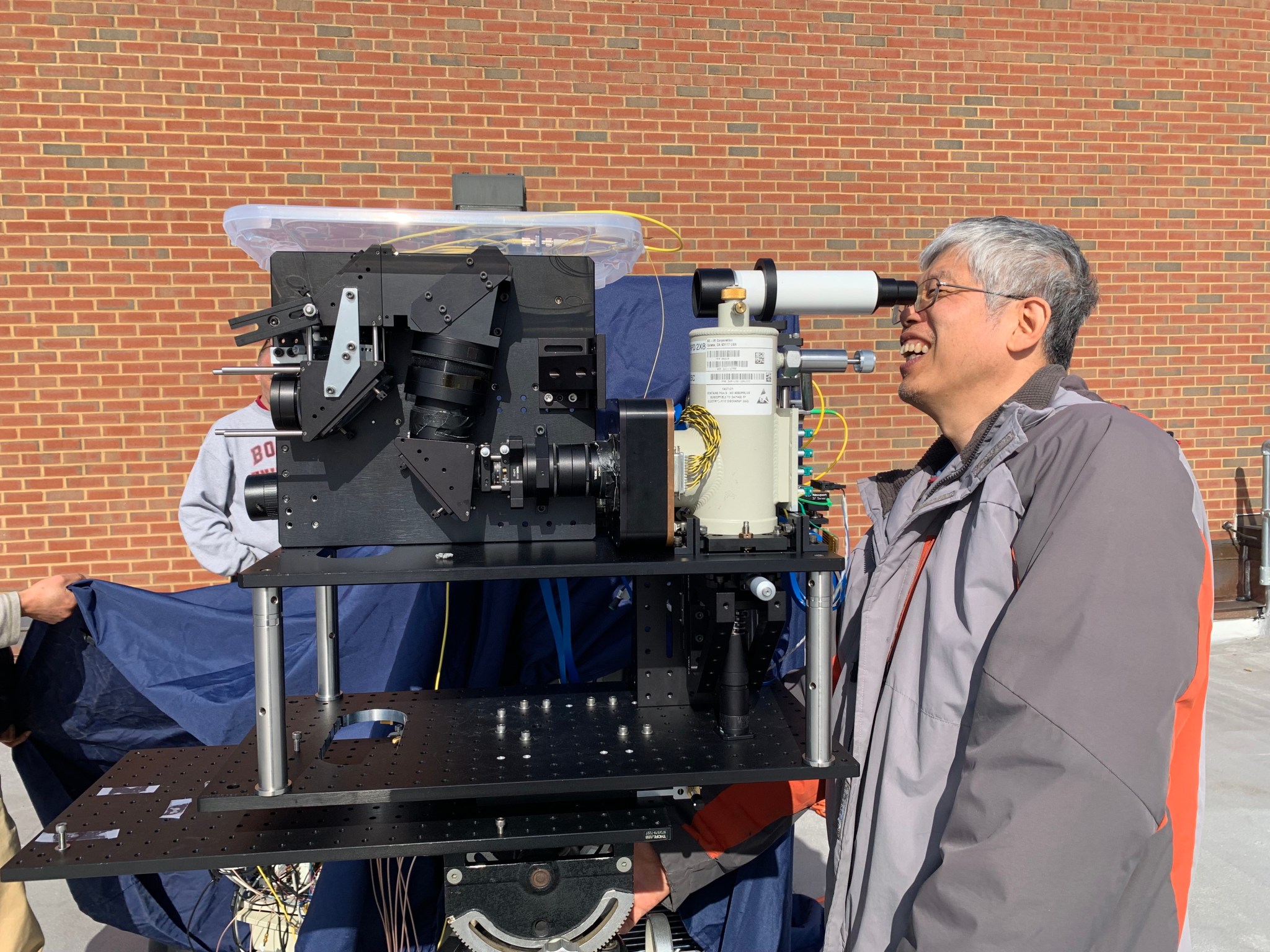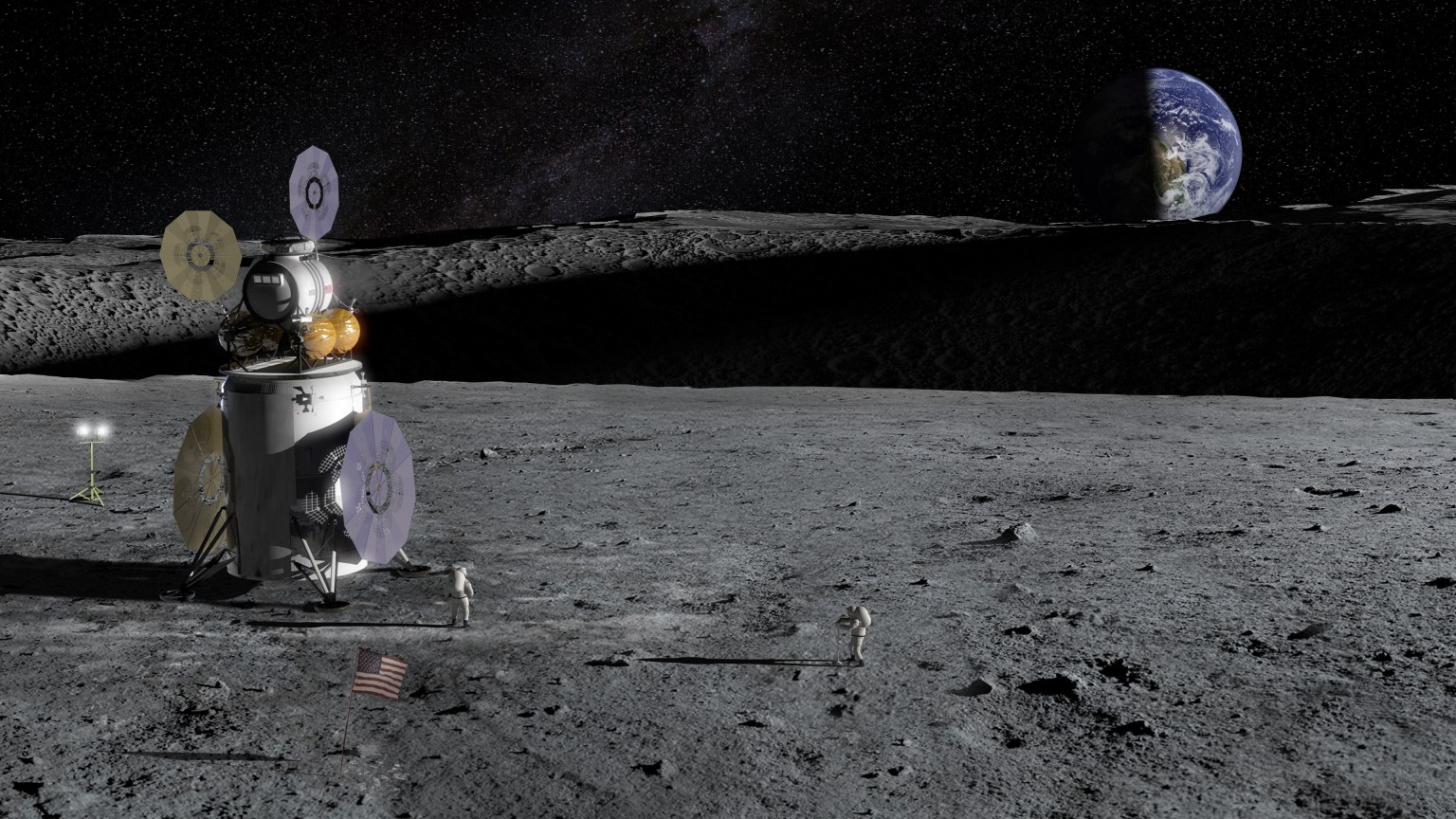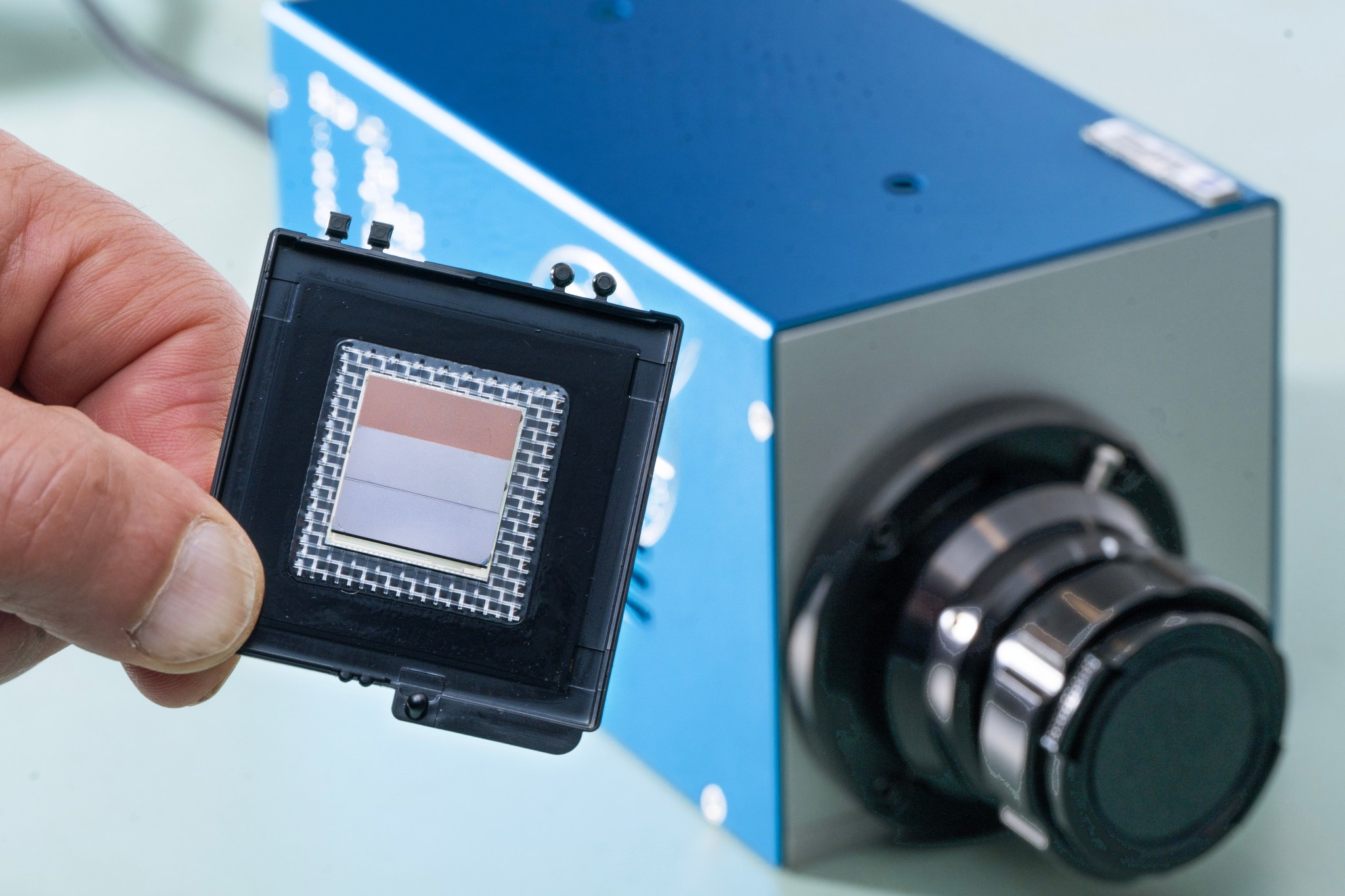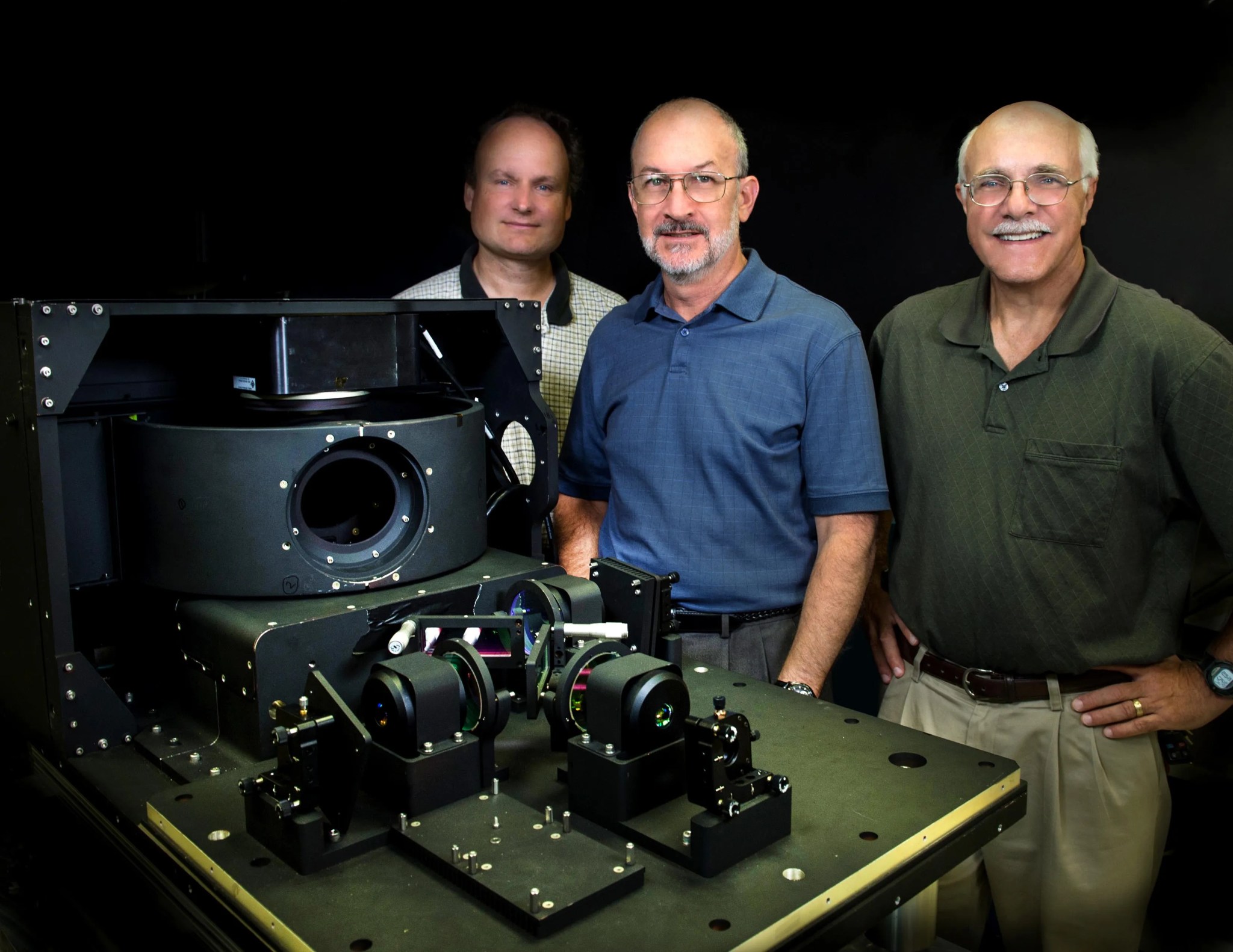NASA researchers Guan Yang, Jeff Chen, and their team received the 2024 Innovator of The Year Award at the agency’s Goddard Space Flight Center in Greenbelt, Maryland, for their exemplary work on a lidar system enhanced with artificial intelligence and other technologies. Engineer Jeffrey Chen tests a lidar prototype on the roof of Building 33 at NASA’s Goddard Space Flight Center in Greenbelt, Md. Chen and his team earned the center’s 2024 Innovator of the Year award for their work on CASALS, a lidar system enhanced with artificial intelligence and…
Read MoreTag: Goddard Technology
NASA Optical Navigation Tech Could Streamline Planetary Exploration
5 Min Read NASA Optical Navigation Tech Could Streamline Planetary Exploration Optical navigation technology could help astronauts and robots find their ways using data from cameras and other sensors. Credits: NASA As astronauts and rovers explore uncharted worlds, finding new ways of navigating these bodies is essential in the absence of traditional navigation systems like GPS. Optical navigation relying on data from cameras and other sensors can help spacecraft — and in some cases, astronauts themselves — find their way in areas that would be difficult to navigate with the…
Read MoreNASA’s Compact Infrared Cameras Enable New Science
A new, higher-resolution infrared camera outfitted with a variety of lightweight filters could probe sunlight reflected off Earth’s upper atmosphere and surface, improve forest fire warnings, and reveal the molecular composition of other planets. The cameras use sensitive, high-resolution strained-layer superlattice sensors, initially developed at NASA’s Goddard Space Flight Center in Greenbelt, Maryland, using IRAD, Internal Research and Development funding. Their compact construction, low mass, and adaptability enable engineers like Tilak Hewagama to adapt them to the needs of a variety of sciences. Goddard engineer Murzy Jhabvala holds the heart…
Read MoreNASA’s ORCA, AirHARP Projects Paved Way for PACE to Reach Space
It took the Plankton, Aerosol, Cloud, ocean Ecosystem (PACE) mission just 13 minutes to reach low-Earth orbit from Cape Canaveral Space Force Station in February 2024. It took a network of scientists at NASA and research institutions around the world more than 20 years to carefully craft and test the novel instruments that allow PACE to study the ocean and atmosphere with unprecedented clarity. In the early 2000s, a team of scientists at NASA’s Goddard Space Flight Center in Greenbelt, Maryland, prototyped the Ocean Radiometer for Carbon Assessment (ORCA) instrument,…
Read More


